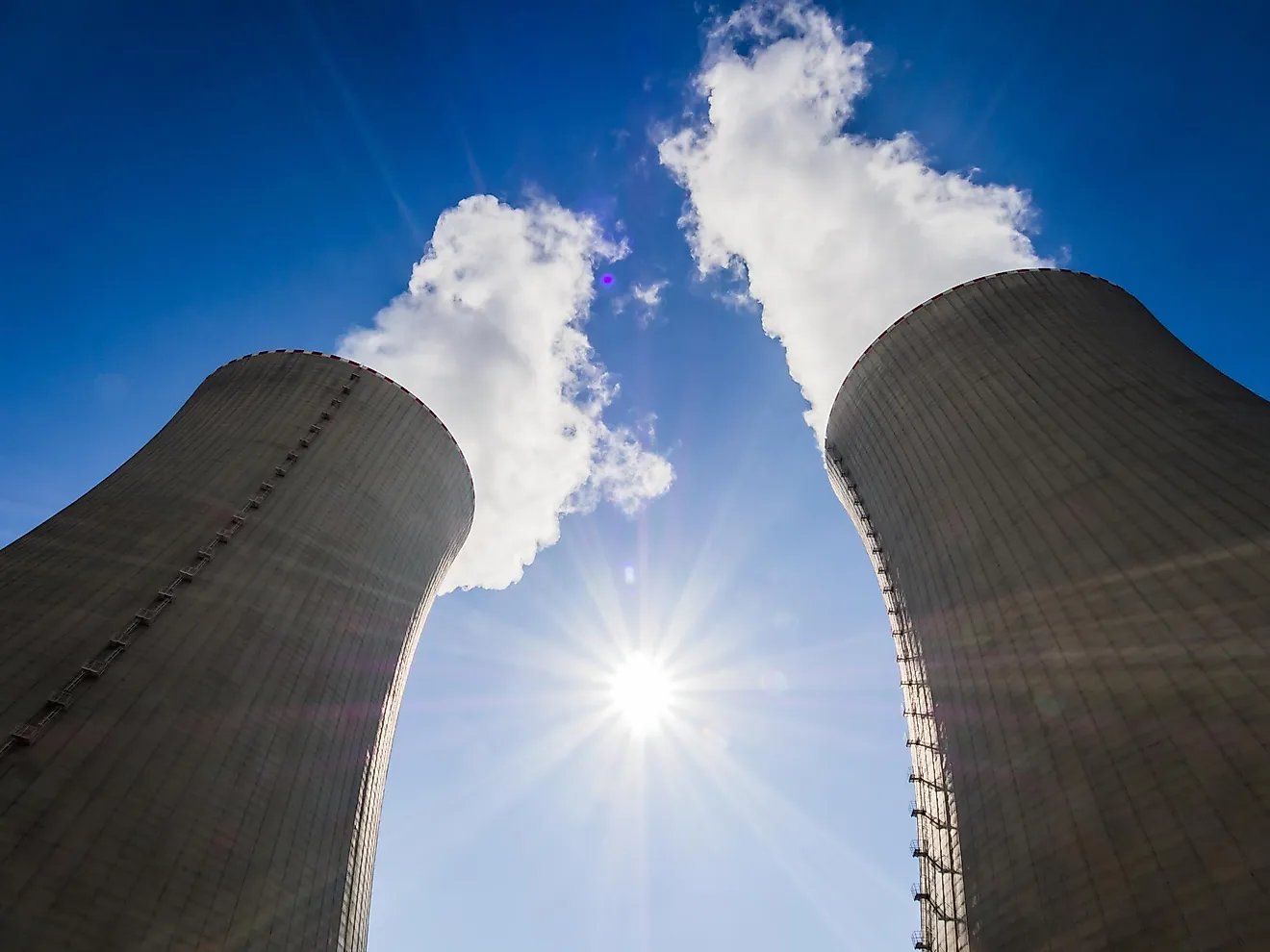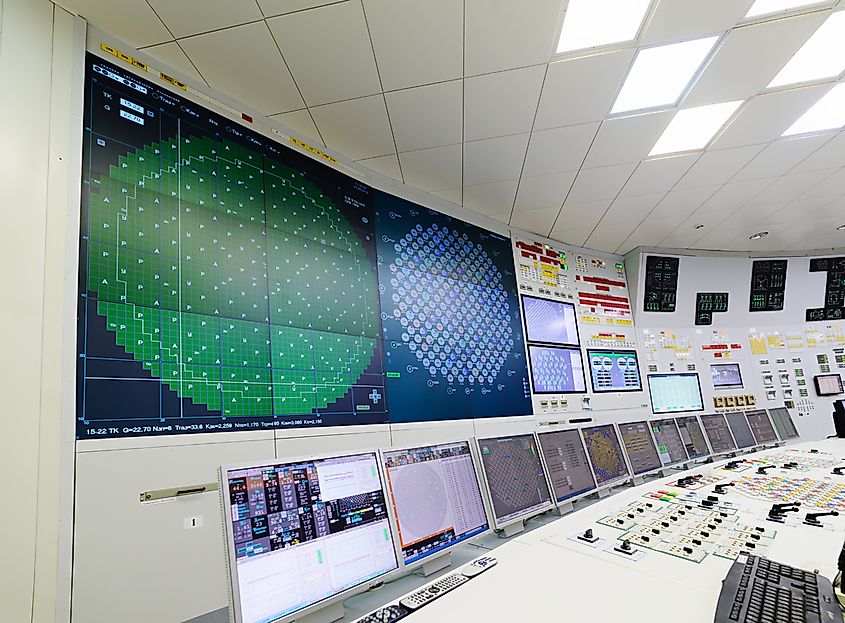Is Nuclear Energy Clean Energy?

Nuclear energy is created from nuclear reactions that happen when atoms split in a nuclear reactor. It generates heat, which turns water into steam to power turbines that generate electricity in nuclear power plants. The official classification of this type of energy is under the label of clean energy. Most of the nuclear energy nowadays is made using the process called nuclear fission, which creates energy by splitting the nucleus of an atom into two. The elements most often used in that process are uranium and plutonium. Other methods of generating nuclear power include reactions such as nuclear fusion and nuclear decay.
Advantages Of Nuclear Energy
The advantages of using nuclear energy are numerous; it provides value, unlike anything that can be found in other sources of energy. One significant benefit is that the electricity supplied by nuclear energy is carbon-free, which makes it valuable for environmental protection. It’s a way of fighting climate change. The reliability of the electricity provided by nuclear power is also worth mentioning; it is continuously produced without hiccups. Power provided by nuclear energy doesn’t contain mercury, nitrogen oxide, or sulfur dioxide making the air cleaner, with fewer pollutants. It can also power electric cars, which also reduces discharges of carbon.

Nuclear energy is also much less reliant on the area it takes up to be produced. It produces much more electric power in a smaller area than other clean sources of energy. If we were to give an example, more than three million solar panels would be necessary to generate the amount of power produced by a single nuclear reactor. Nuclear fuel is an extremely potent energy source. The amount used is not as large as with some of the other traditional sources of energy. For that reason, it doesn’t produce a large amount of waste, and what it does provide can be recycled. Some newer reactors can also consume used fuel to function. All of these points are just some of the reasons nuclear energy is considered clean.
Nuclear Energy As Renewable Energy
While nuclear energy is classified as clean energy, there’s some debate on whether it should be included among sources of renewable energy. Renewable energy is a type of energy that can continuously keep regenerating itself. The most common sources of renewable energy are geothermal energy, wind, hydro, and biomass energy.
The arguments for the inclusion of nuclear energy into renewable energy most often allude to the fact that it discharges almost no carbon into the air. The opposition, on the other hand, states that because the amount of uranium on Earth is not infinite, nuclear power can’t be regenerated indefinitely. It also leaves behind toxic radioactive nuclear waste, which damages its reputation as a clean, renewable source of energy.











